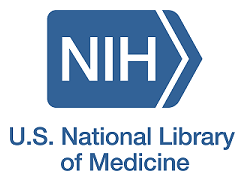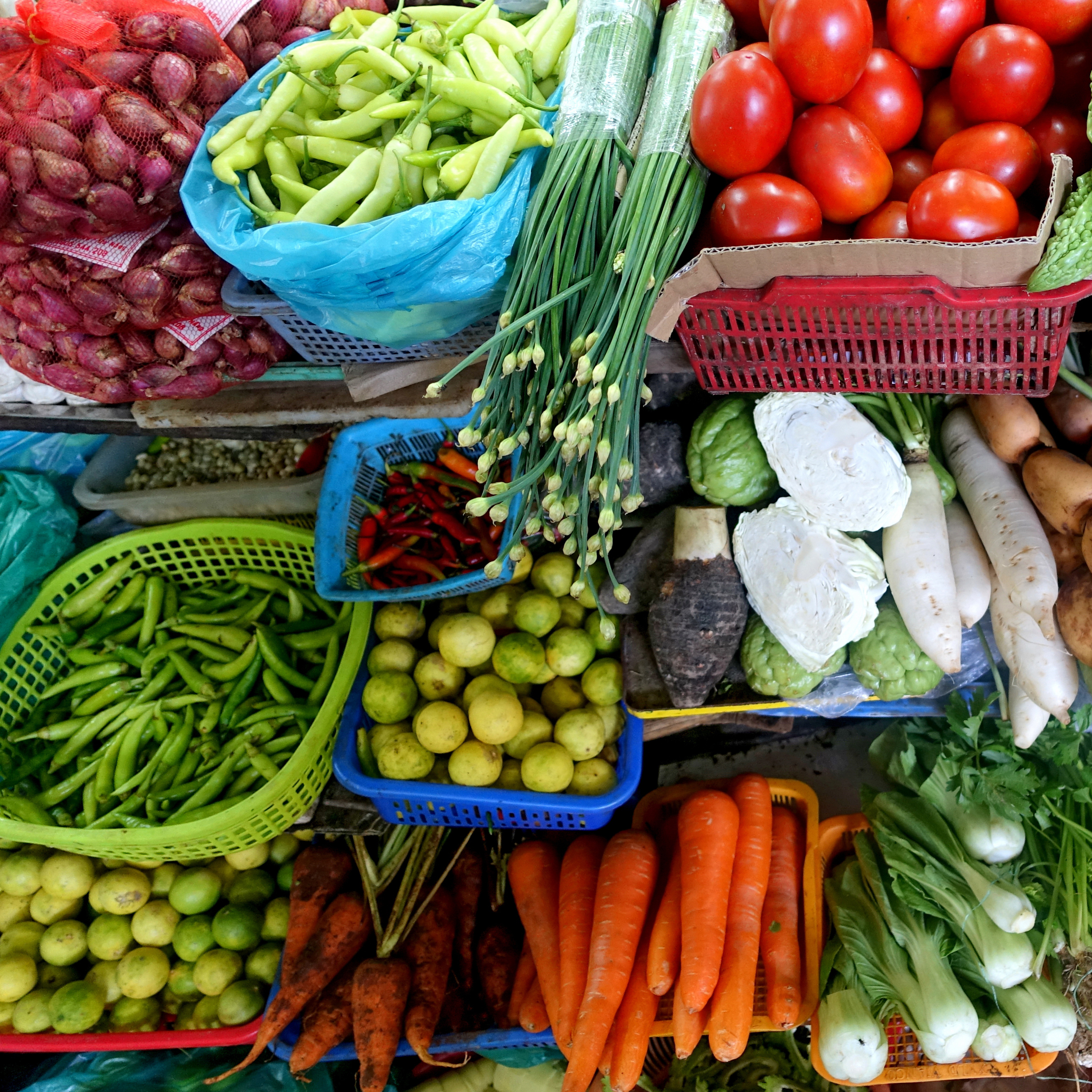

To Your Health: NLM update Transcript
Are diet habits changing?: 08/29/2016

Image: Courtesy of National Center for Complementary and Integrative Medicine (NIH)
Greetings from the National Library of Medicine and MedlinePlus.gov
Regards to all our listeners!
I'm Rob Logan, Ph.D., senior staff, U.S. National Library of Medicine (NLM).
Here is what's new this week in To Your Health - a consumer health oriented podcast from NLM - that helps you use MedlinePlus to follow up on weekly topics.
Although overall progress is inconsistent, the diet of many American adults is healthier, suggests acomprehensive study and editorial recently published in the Journal of the American Medical Association.
The study, which is based on a nationally generalizable sample of almost 34,000 adults, suggests American adults consumed more whole grains, nuts or seeds, fish and shellfish, and less sugar-sweetened drinks in 2012 compared to 1999.
In contrast, the study found there was not a significant improvement, or a decline, in the percentage of Americans who ate fruits and vegetables, or some unhealthy foods, such as processed meats, saturated fat, or salt.
The study reports the percentage of adults with poor diets (low in fruits, vegetables, fish, whole grains and high in meat, salt and saturated fats) declined from 56 to 46 percent during the same period. More specifically, the percentage of women with poor diets declined from 54 to 42 percent. The percentage of men with poor diets also declined significantly from 58 to 49 percent.
The results are based on annual surveys of dietary habits by the National Health and Nutrition Examination Survey, which is sponsored by the U.S. Centers for Disease Control and Prevention.
In an editorial that accompanied the study, the author calls the study's findings (and we quote): 'a dietary report card' (end of quote). The editorial's author suggests the findings indicate slow but steady progress to improve food habits.
The editorial's author also suggests the study illustrates how improvements in diet habits sometimes parallel changes in the availability of healthy foods. For example, the editorial's author explains the overall consumption of whole fruits seems to have been impacted from 1999-2012 by the availability of fruit at some local grocery stores and supermarkets. The editorial's author notes fruit consumption (and we quote): 'parallels the increasing availability of inexpensive, imported seasonal fresh fruit (e.g. raspberries, blackberries, blueberries, mangoes, pears, pineapples, melons, bananas, and grapes) from more than 15 countries; there was an increase in fruit imports from $3.7 billion in 2000 to $7.9 billion in 2011' (end of quote).
Conversely, the study's four authors explain the research's positive findings about healthier eating are not uniform across demographic lines. For example, the study found a significant decline in poor diet habits did not occur among African American and Mexican American adults between 1999-2012.
In addition, the study's findings suggest educational levels are strongly associated with eating habits. To put this another way, the study suggests a therapeutic shift in national food habits is mostly related to dietary changes among better educated Americans.
To help future results become more uniform, some helpful information about healthy eating from the U.S. Department of Agriculture is available (in English and Spanish) within the 'start here' section of MedlinePlus.gov's nutrition health topic page.
The U.S. Department of Agriculture also provides a primer about shopping for healthy fruits and vegetables within the 'related issues' section of MedlinePlus.gov's nutrition health topic page. The American Heart Association adds information about how to make smart food substitutions while cooking also within the 'related issues' section of MedlinePlus.gov's nutrition health topic page.
MedlinePlus.gov's nutrition health topic page additionally provides links to the latest pertinent journal research articles, which are available in the 'journal articles' section. You can sign up to receive updates about nutrition as they become available on MedlinePlus.gov.
To find MedlinePlus.gov's nutrition health topic page, please type 'nutrition' in the search box on MedlinePlus.gov's home page, then, click on 'nutrition (National Library of Medicine).' MedlinePlus.gov also has health topic pages devoted to diet, nutritional support, as well as nutrition for seniors.
Before I go, this reminder... MedlinePlus.gov is authoritative. It's free. We do not accept advertising .... and it is written to help you.
To find MedlinePlus.gov, just type 'MedlinePlus.gov' in any web browser, such as Firefox, Safari, Chrome, or Explorer, on any platform.
We encourage you to use MedlinePlus and please recommend it to your friends. MedlinePlus is available in English and Spanish. Some medical information is available in 48 other languages.
Your comments about this or any of our podcasts are always welcome.
Please email the podcast staff anytime at: NLMDirector@nlm.nih.gov
A written transcript of recent podcasts is available by typing 'To your health' in the search box on MedlinePlus.gov's home page.
The National Library of Medicine is one of 27 institutes and centers within the National Institutes of Health. The National Institutes of Health is part of the U.S. Department of Health and Human Services.
A disclaimer — the information presented in this program should not replace the medical advice of your physician. You should not use this information to diagnose or treat any disease without first consulting with your physician or other health care provider.
It was nice to be with you. Please join us here next week and here's to your health!


































No hay comentarios:
Publicar un comentario